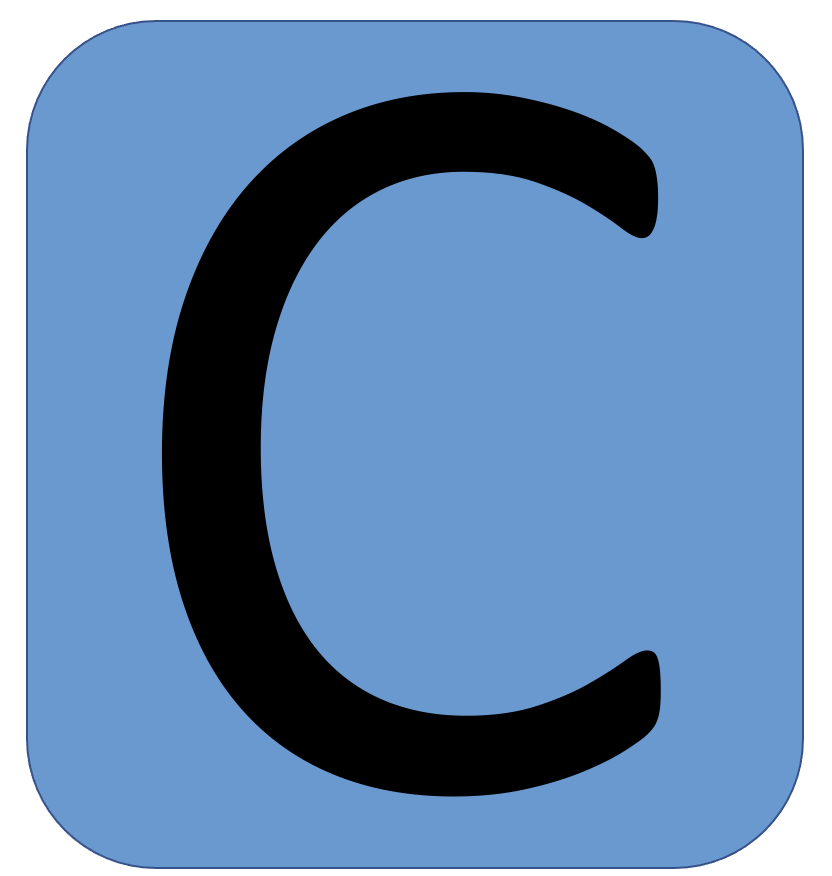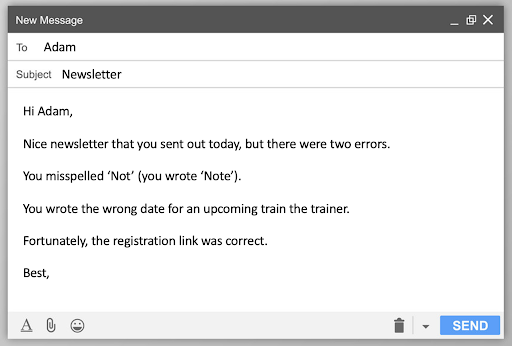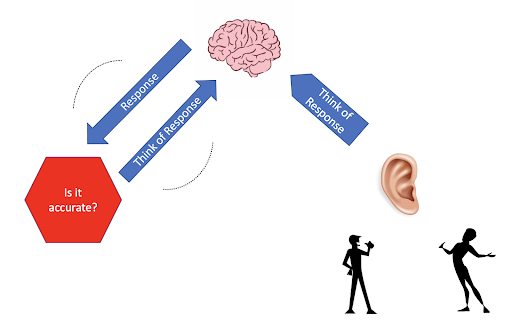Learn the C Personality Type
Adam Stamm
Managing Partner: Online DISC Profile
The C Personality Types have the following characteristics: Private, Cautious, Detailed Oriented, and Systematic.
DISC can quickly identify these personality characteristics, but what’s going on emotionally and cognitively, that drives them to behave this way?
In this series, we investigate each of the DISC Personality Types and try to uncover deeper insights about each style. In this article, we will look at individuals with the C Personality Type and try to understand their motivations and drivers that fuel this DISC Style.
What Drives Us?
People have an innate drive to feel valuable and worthwhile. We make different decisions about how to behave based on what makes us feel valued.
Our preferred behaviors likely develop in childhood and are reinforced or changed throughout our lives depending on the emotional responses to feel. A child that received positive responses from showing skepticism will continue to engage in that behavior because they feel valued for showing it. Likewise, a child that successfully engages in being gregarious and ‘likable’ will continue to engage in these behaviors because they feel valued when they use those behaviors.
Our feelings are tied directly to how others perceive us. It’s an evolutionary capability that encourages our social nature.
What Drives the C Personality Type
Within the DISC framework, the behaviors that make us feel valued are different between each of the styles (we use the framework provided through the DISC Basic Profile, but there are many other DISC Assessment versions):
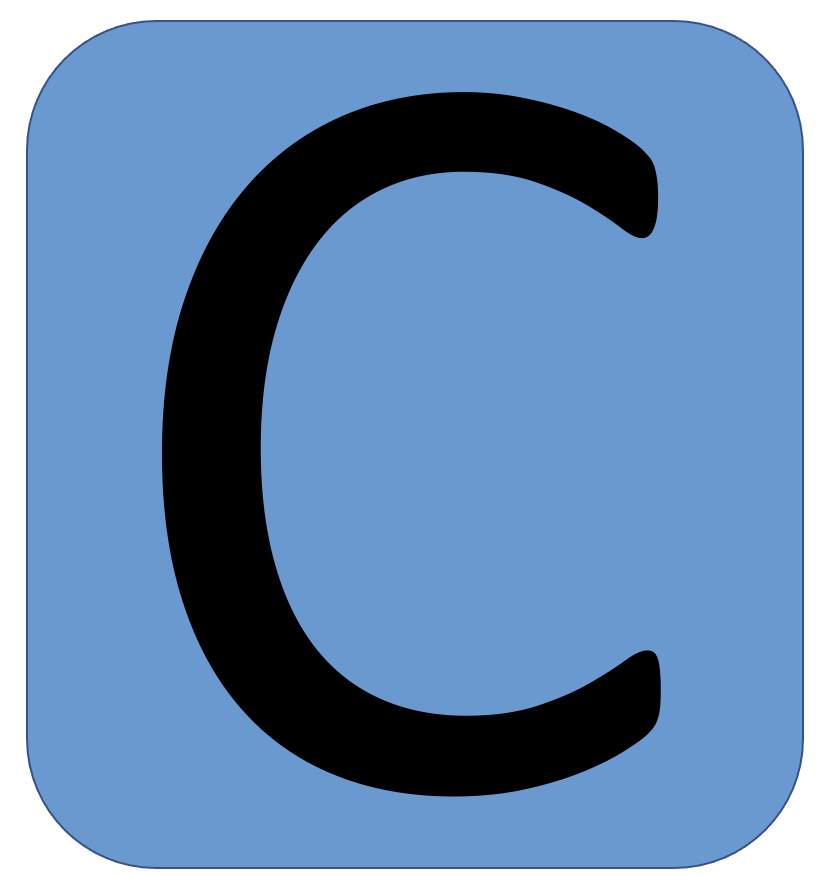
Individuals with the C Personality Type , feel valued when they are correct and accurate.
This feeling isn’t coming from a place of arrogance where they feel they need to be more accurate than someone else.
This emotion drives this behavior because they feel ineffective when they are wrong. They believe they should be accurate in what they produce and the answers they give.
The term ‘should’ is underlined because they feel it is a significant driver in their behavior.
When a C Personality Type person makes a statement, they feel it must be true. They likely want to add additional details to their statement to ensure that they are being perceived as being accurate.
For other styles, this isn’t the case.
Other styles are more accommodating to allowing someone to correct them. They might engage in exaggeration. Or they don’t sweat sending an email where they found inaccurate information after they sent it.
C Personalities would fear or wouldn’t behave in these ways because they might be perceived as inaccurate. These behaviors threaten their sense of worth.
C Personality Type : Details and Accuracy
Individuals with the C Personality Style are often labeled as being detail-oriented. However, for a person with a C-Style, this label might stick with only some C-Style individuals.
There are plenty of individuals with the C Personality trait who are more abstract in their thinking. In this case, the details matter much less than their need to be accurate in the big picture of what they see.
Their focus, then, is on avoiding making mistakes and being right. Observing the details is a vehicle that helps them achieve that feeling of being valued because they are often accurate.
Below is a classic example of this behavior around details. A member of our team wrote an email to me shortly after I sent out a monthly newsletter:
The newsletter was sent out; there was nothing I could do with these details about my mistakes.
However, this individual frequently helps with the newsletter by providing edits, so these mistakes don’t happen. Unfortunately, the newsletter was sent out without the help of our C-Styled colleague.
The timing of when my colleague shared these details might make them seem irrelevant, but they aren’t. Sharing them, regardless that the newsletter went out, was essential to my colleague’s self-image as a person who is consistently accurate in their work (which they consistently are!).
C Personality Type: Private and Quiet
C-Style individuals are often labeled as being private. Often, they won’t share what they are thinking during conversations, and they might be the quietest person in a group.
Their behavior of being quiet doesn’t mean they don’t want to contribute to the conversation. Rather, they are listening to everything being said and ensuring that what they want to say is accurate.
This process can cause them to miss opportune times to respond because they are still evaluating if it’s the right response or the right time to respond.
During a meeting, a person with the C-Style is constantly running their potential responses through a filter of accuracy.
This filter can cause them to seem quiet, but once they trust the group’s members and understand the group’s expectations, they will likely shed their quietness.
C Personality Type: Being Cautious
The cautious behavior of individuals with the C Personality type is relevant primarily in social situations.
Social situations are unpredictable. For a person who strives to be accurate and suitable, being in unpredictable situations will cause them to be more cautious.
When working on tasks, it’s easier to understand what is expected. However, in social situations, it’s hard to understand what is expected.
Often, people with the C-Style will feel exhausted after being in a social setting – especially with people they don’t know. They are making an effort (likely unconsciously) to understand what is appropriate.
Their responses and actions are filtered through this need to feel that they are doing something correctly. They might not even realize how much effort or work it takes them to go through these processes.
Do you know your DISC Style?
Learn if you have C-Style or another DISC Style with our free DISC assessment. This assessment is designed to introduce you to the concepts of DISC.
If interested, you can purchase the full report.
